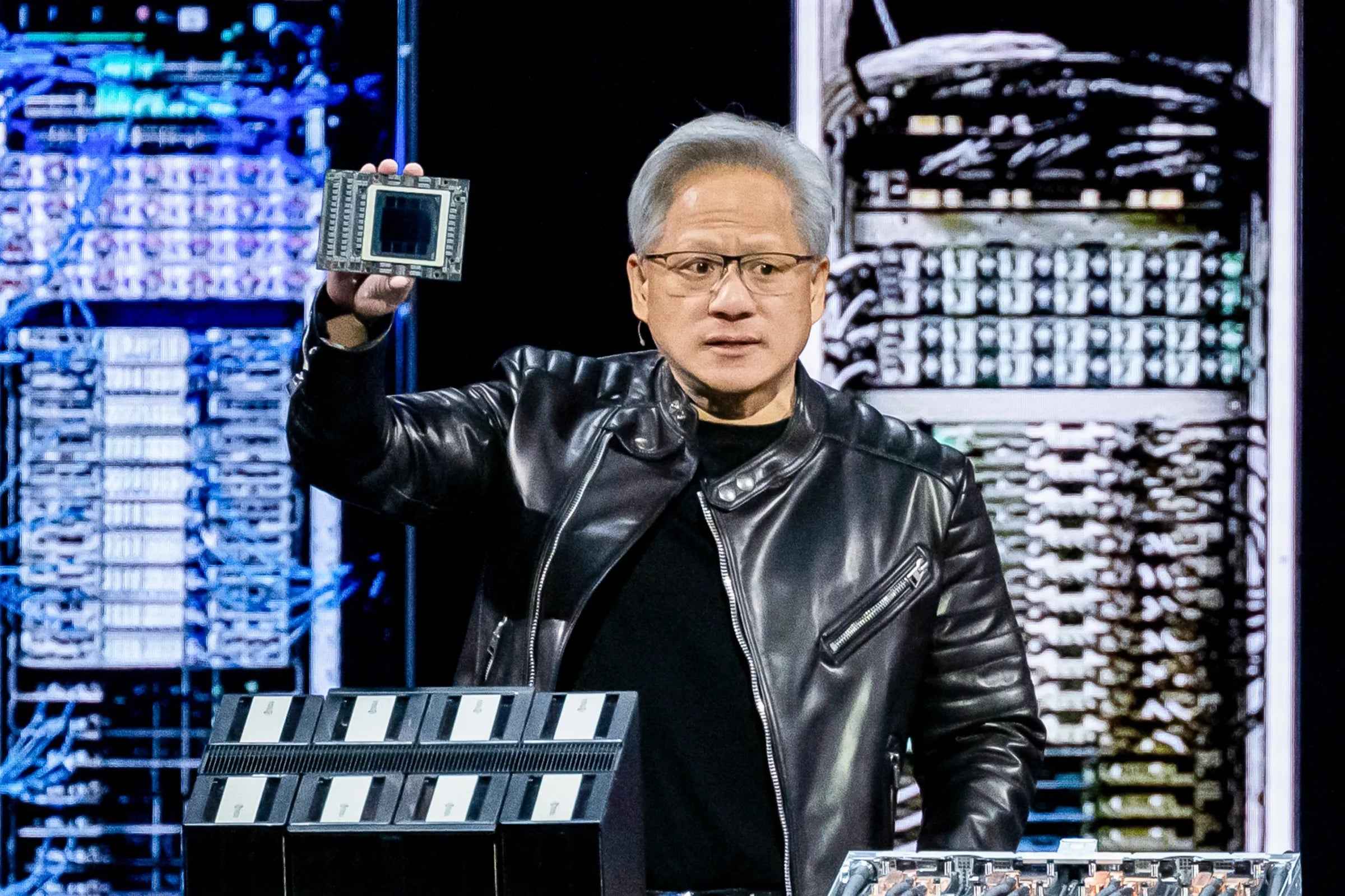On July 14, 2025, a pivotal shift occurred: the Trump administration quietly lifted a ban, green-lighting exports of Nvidia’s H20 chips to China, At first glance, this might look like a business‑friendly move—but beneath the surface, it may hand Beijing a serious edge in the AI war.
What Just Happened
-
Previously, the U.S. had restricted Chinese access to Nvidia’s top-tier GPUs—like the H100—under national‑security export controls. The goal? Starve China of the "compute" power it needs to scale cutting‑edge AI systems.
-
Now, Nvidia can resume shipments of its H20 chips. These were once pitched as "fourth‑best" tech, but in reality they’re cheaper, more efficient in some use cases, and reportedly capable enough to rival older H100s
Why This Is a Big Deal
-
Compute is AI’s Fuel: Much like oil for the industrial era, compute underpins model training. Granting China cheaper, high‑end chips means democratizing access to capabilities once tightly held.
-
Undermines U.S. Export Strategy: This move may erode the export safeguards set by both Biden and Trump’s previous terms, blurring America’s competitive advantage .
-
Inflection Toward Chinese Innovation: China can now better build or mimic large-scale AI systems—and the added compute may speed up domestic R&D and hardware autonomy .
Experts React
-
Sen. Chris Coons warned this “hands China cutting‑edge technology that Beijing will use to erase our competitive advantage in AI, undermine our military, and outpace our economy”
-
Howard Lutnick, the Commerce Secretary, framed it as “keeping China locked in the U.S. tech ecosystem”—a strategy that assumes limited chips mean sustained leverage.
Bigger Picture
The situation is not isolated. Trump is also pushing a massive domestic AI‑energy investment plan, including billion‑dollar initiatives in Pennsylvania. In other words: open the floodgates abroad while doubling down at home.
Meanwhile, China continues racing forward—from nurturing cloud dominance to fostering homegrown AI models like DeepSeek, which triggered a global market shake‑up earlier this year.
Bottom Line
Trump’s reversal on Nvidia chip restrictions isn’t just semantics—it’s a strategic gamble. By opening compute to China, the U.S. might be unintentionally accelerating its rival’s AI progress. While policymakers debate new safeguards like the Chip Security Act, the core challenge remains: compute is the engine of modern AI, and handing China more of it could reshape power dynamics for years to come.
The question now is: Can domestic investment and smarter regulation make up for the effective transfer?

